Jesse Louis Burns was born October 8, 1941, in Greenville, South Carolina. His mother was 18-year-old Helen Burns (1923-2015), and his father was her 33-year-old neighbor Noah Louis Robinson who was married to someone else. One year after Jesse was born his mother married Charles Henry Jackson, who later adopted him. Jesse took his step-father’s last name but remained in contact with Robinson until his passing in 1997.
An ordained Baptist minister, Jackson became involved with the Civil Rights Movement through Dr. Martin Luther King, Jr. in the Southern Christian Leadership Conference. He had participated in the 1965 march from Selma to Montgomery and won Dr. King’s confidence. That was the starting point for six decades of activism for equal justice and liberty for all.
Rev. Jackson had two unsuccessful campaigns for the Democratic nomination for President of the United States in 1984 and 1988. He advanced the concept of a Rainbow Coalition that included the LGBT community in a speech to the Democratic Convention in 1984:
“We must address their concerns and make room for them,” he said of a constellation of oppressed people. “The Rainbow includes lesbians and gays,” Jackson said to cheers. “No American citizen ought to be denied equal protection from the law.”
Jackson followed up on that commitment in 1987, when he spoke at the second National March on Washington for Lesbian and Gay Rights, soon after announcing his second bid for president.
“We gather today to say that we insist on equal protection under the law for every American, for workers’ rights, women’s rights, for the rights of religious freedom, the rights of individual privacy, for the rights of sexual preference. We come together for the rights of all American people,” Jackson declared.
Jesse Jackson’s “Rainbow Coalition” was more than just another rhetorical flourish from the legendary orator. He gave real substance to the phrase by uniting black and brown people, the poor, and — an important, but less remembered part of his legacy — LGBTQ+ people.
(Greg Owen, LGBTQ Nation, February 17, 2026)
I was thirty-eight years old when I heard Jesse Jackson speak about his Rainbow Coalition that included lesbians like me. In that 1984 national campaign for the Democratic Nomination for President, Jackson carried five primaries and caucuses: Louisiana, Virginia, the District of Columbia, one of two separate contests in Mississippi, and…South Carolina. (Wikipedia) He was the first Black candidate to win any major party state primary or caucus. He had my vote in both campaigns.
Whether the issues were health care during the AIDS crisis in the 1980s or marriage equality thirty years later, Rev. Jesse Jackson understood institutional wrongdoing and called it out.
“Marriage is based on love and commitment — not sexual orientation. I support the right of any person to marry the person of their choosing,” Jackson declared at a rally outside the U.S. Court of Appeals for the Ninth Circuit in San Francisco in December, 2010.
(Rev. Irene Monroe, Whosoever, February 19, 2026)
************************
I leave you today while mourning the loss of another champion of equal justice, not a perfect man, but someone who lives on in those who labor for a harvest yet unseen. During Black History Month we acknowledge his passing, celebrate his service, and ask for the wings of angels to lift him to a better place. The harvest is plentiful, but the laborers are few. Jesse Jackson labored with love.
Thank you, Rev. Jackson, for reminding me years ago that “I Am Somebody.” I will miss you.
Jesse Louis Jackson (October 08, 1941 – February 17, 2026)
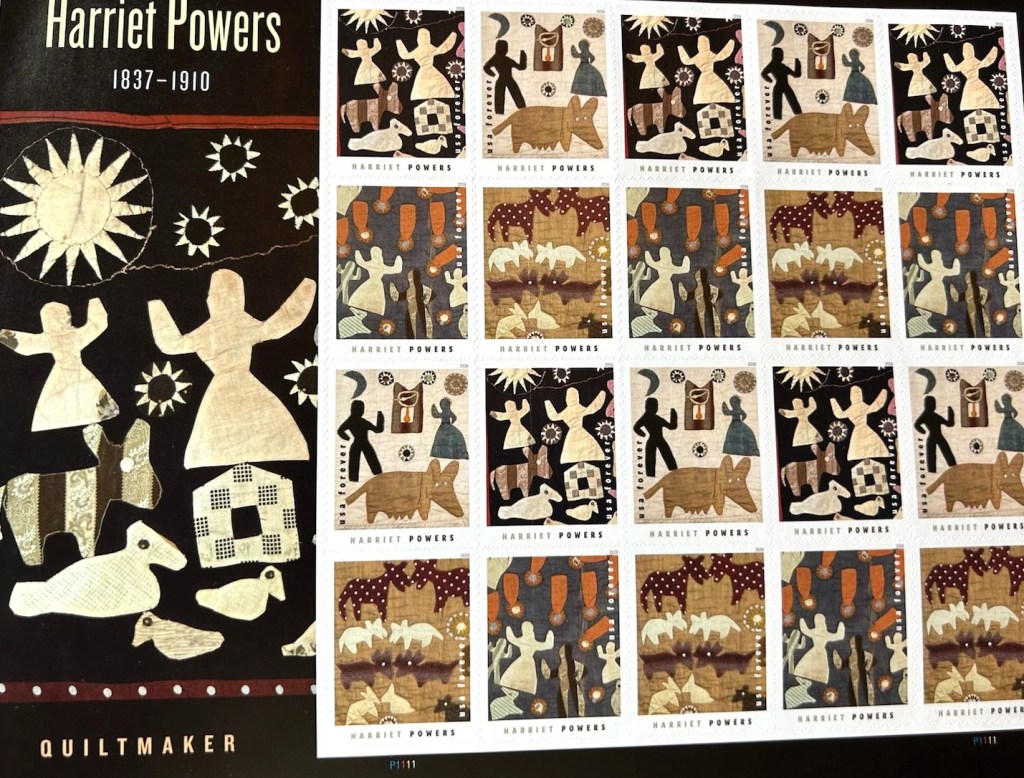
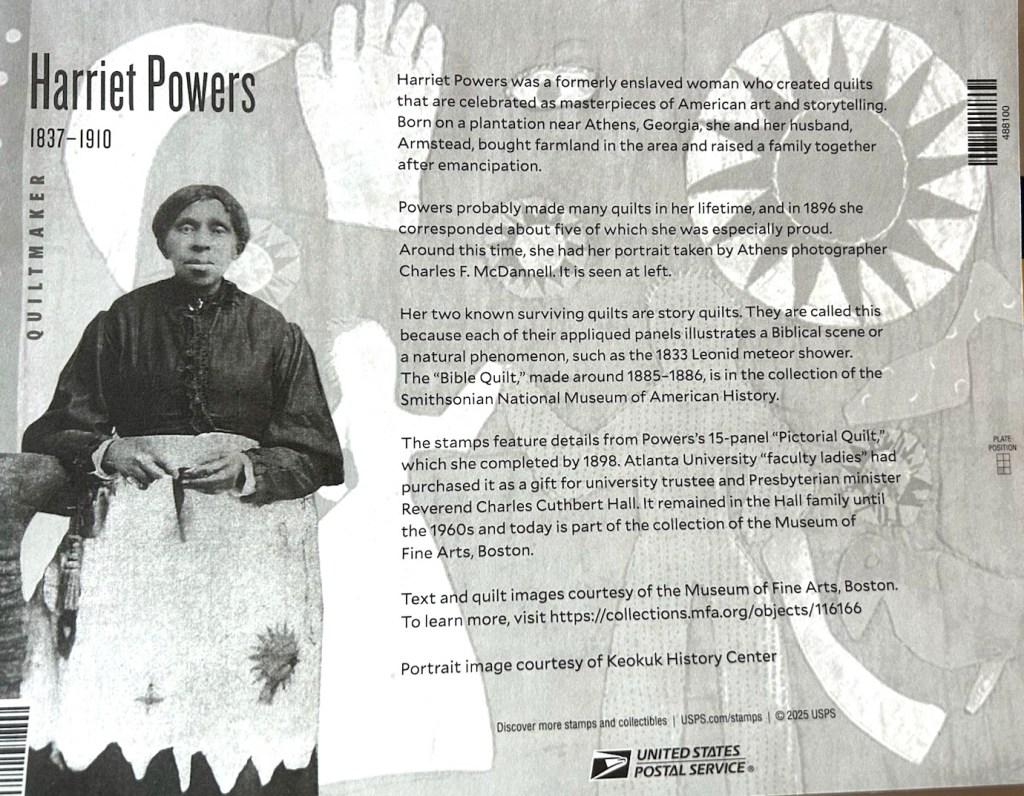
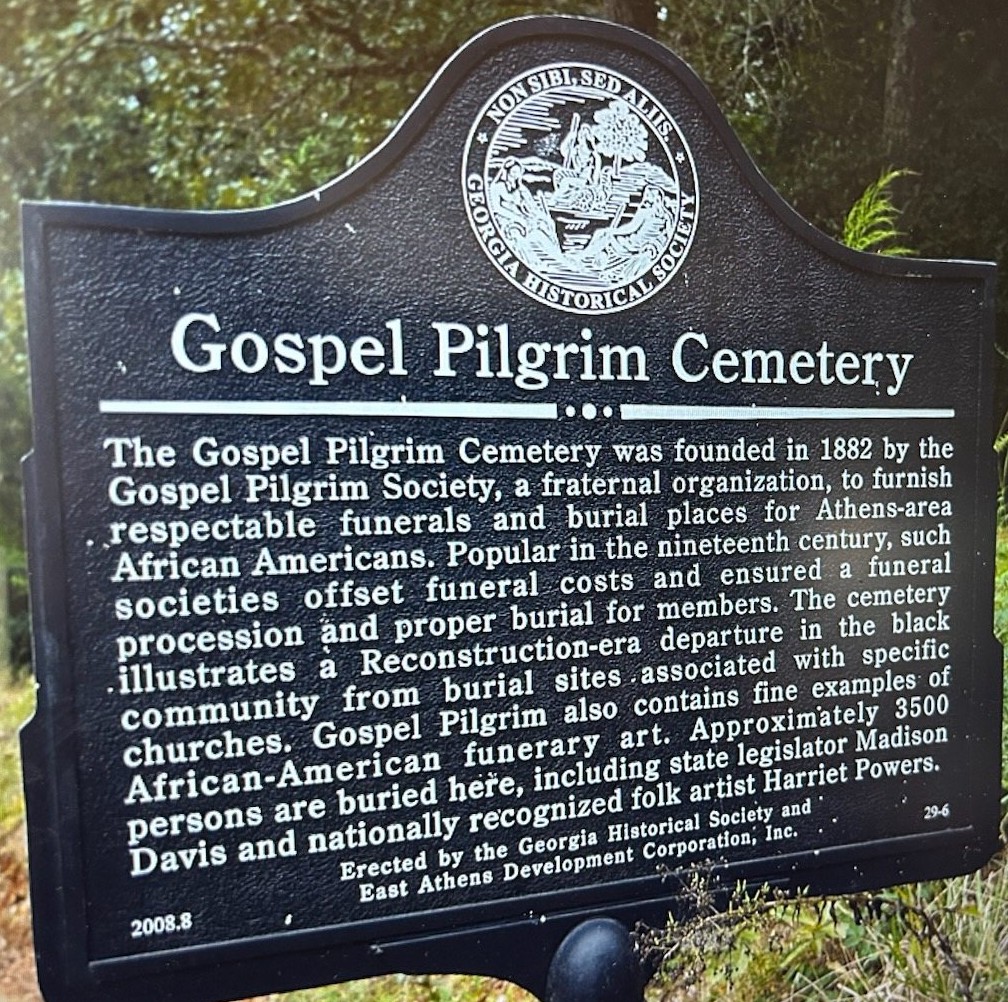
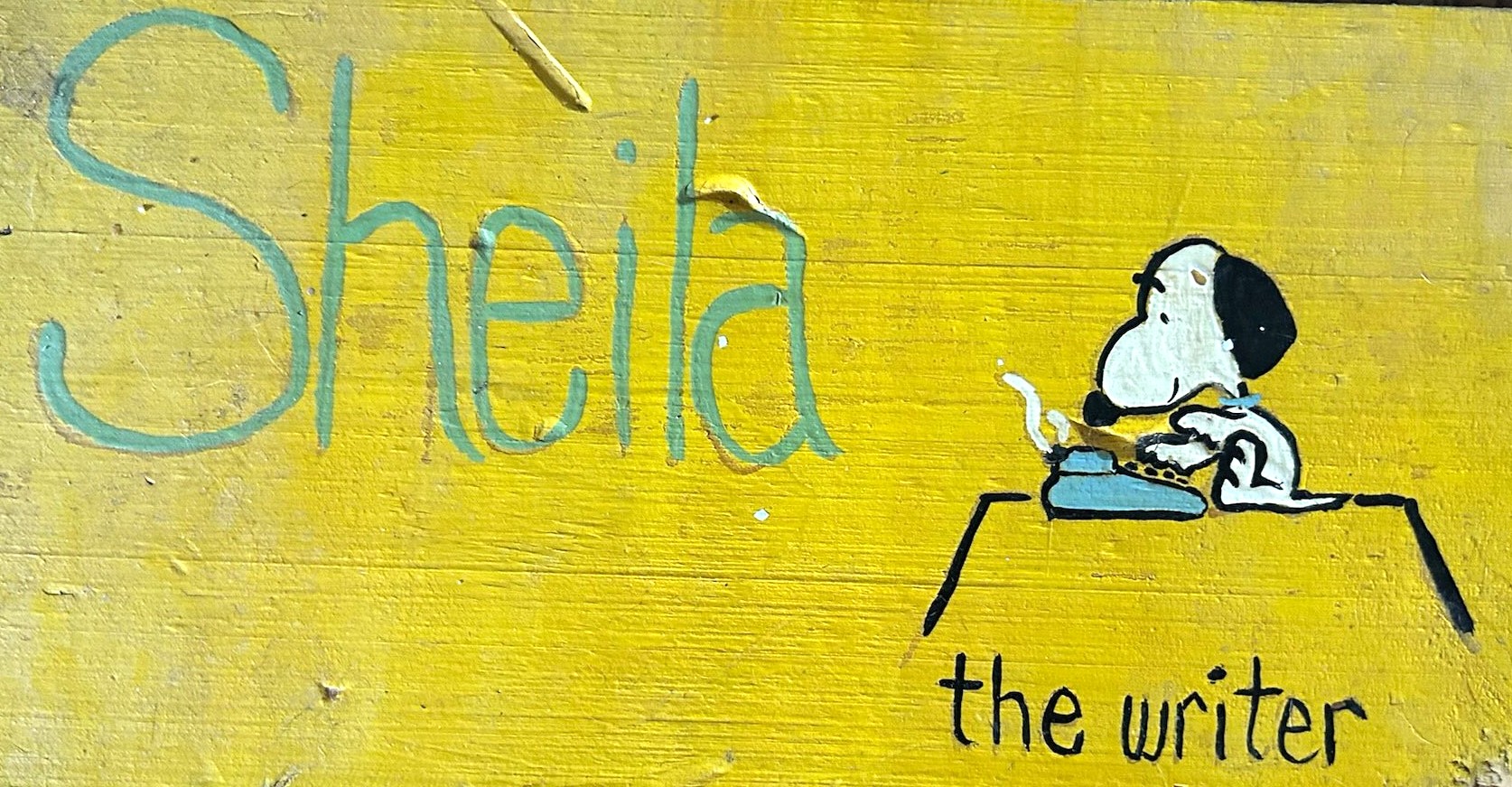
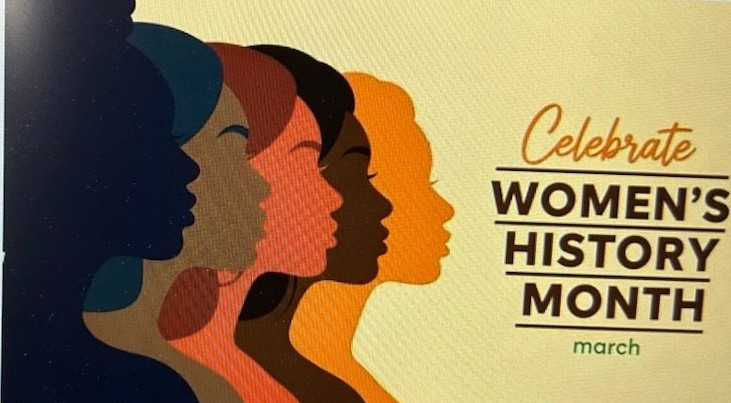
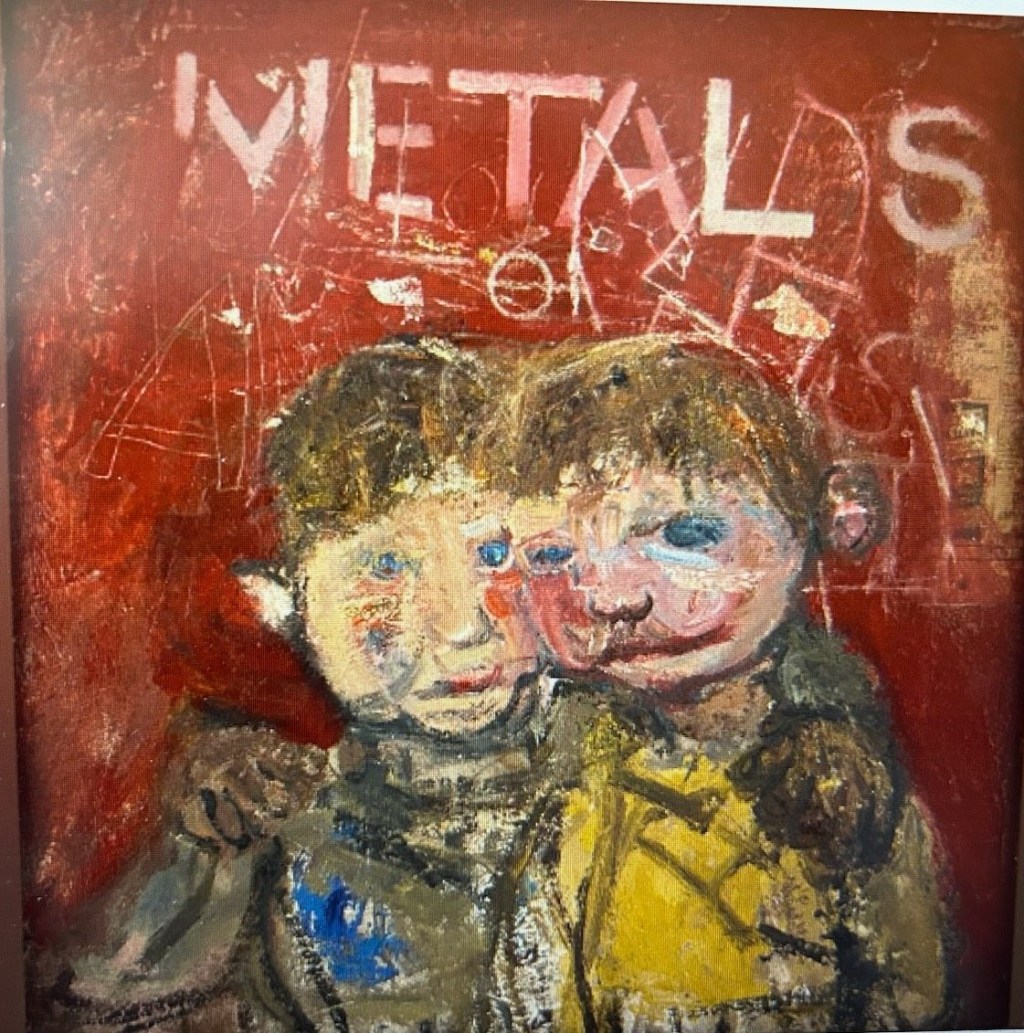
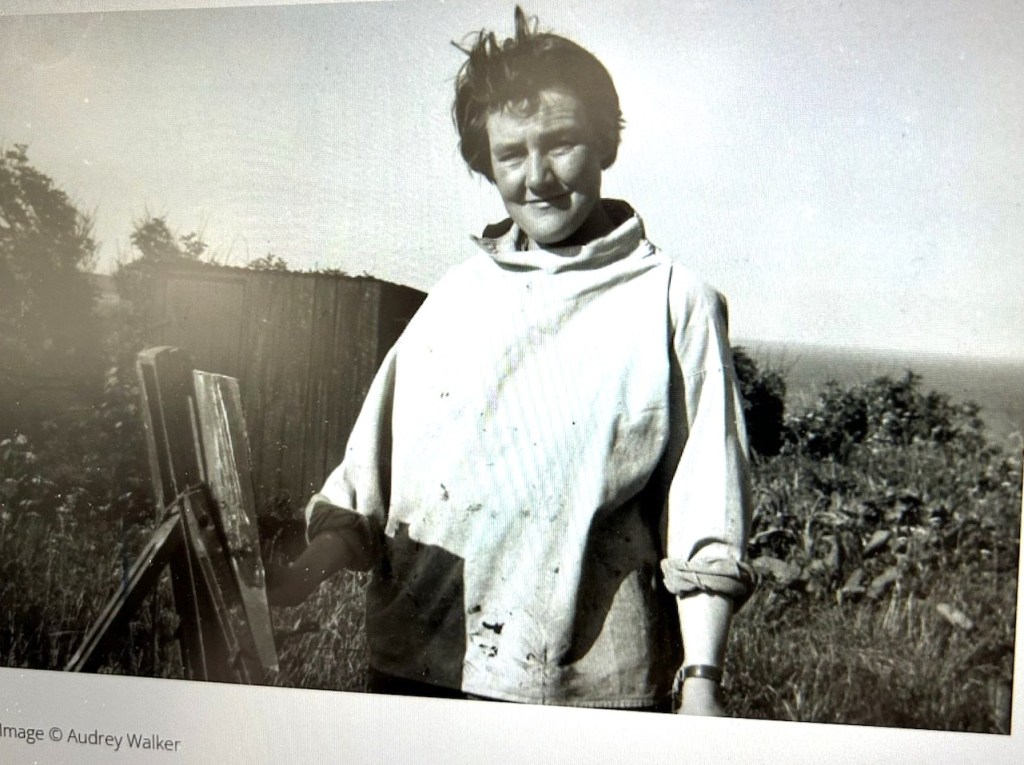
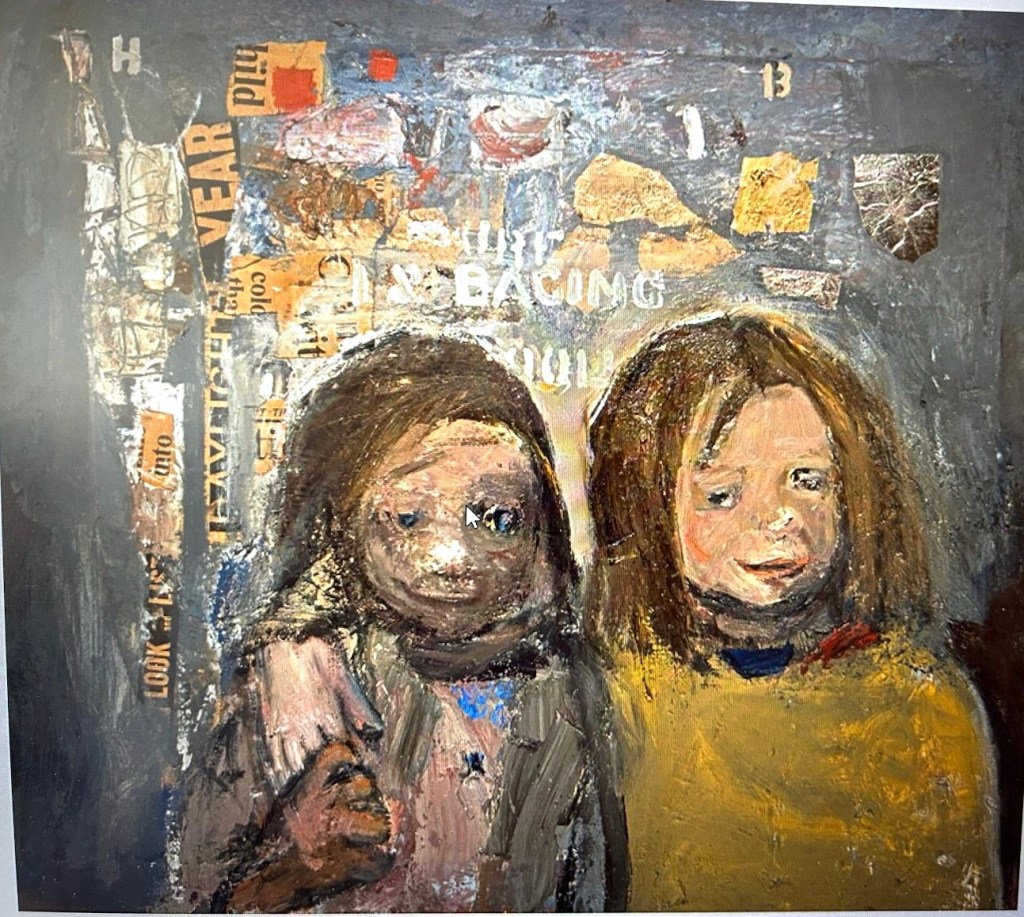
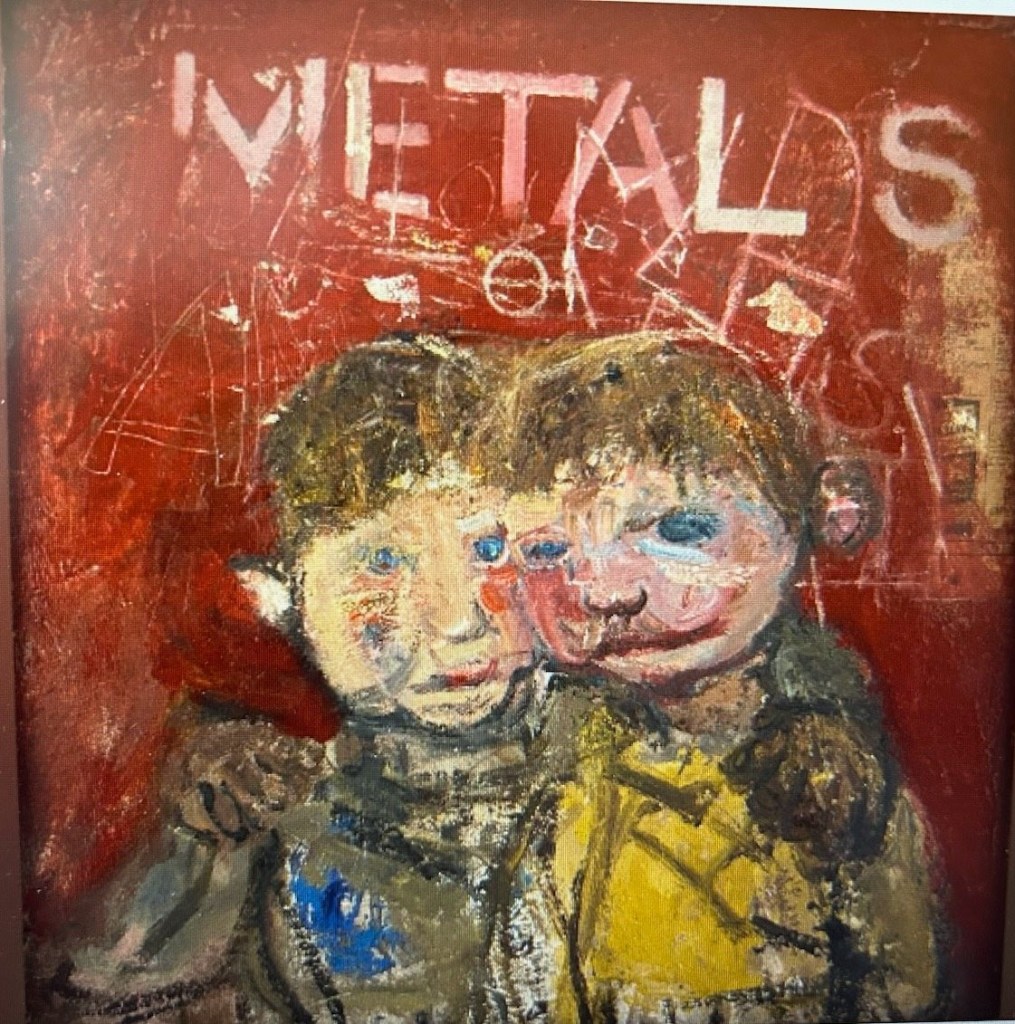
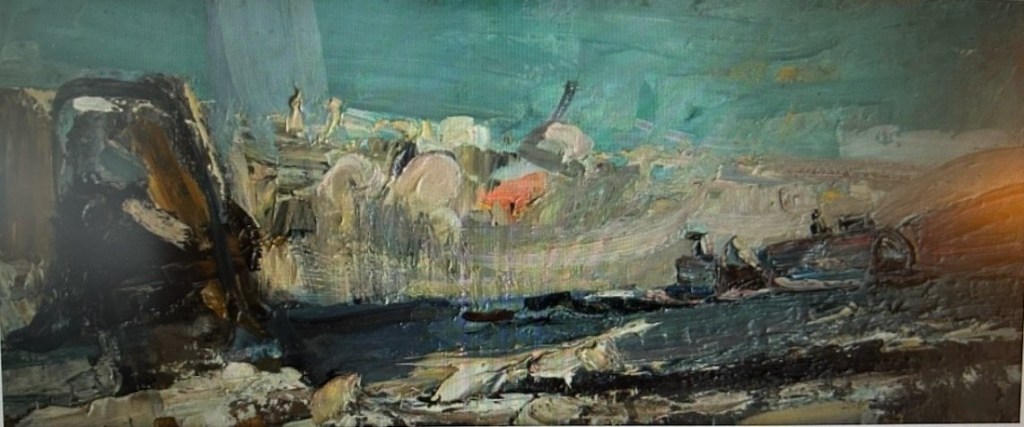
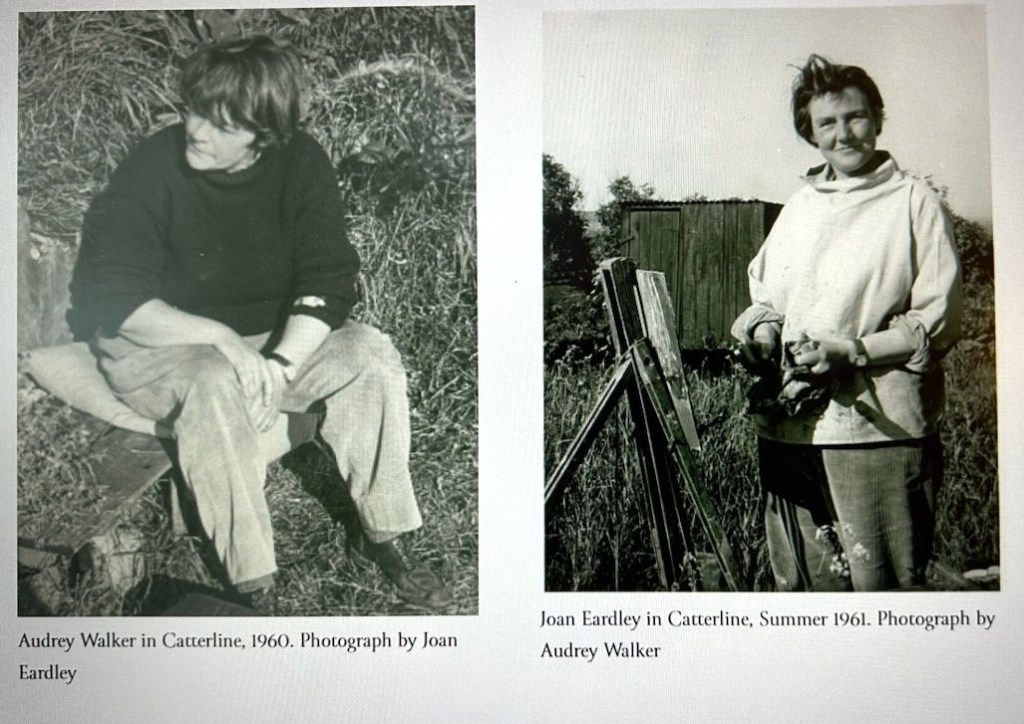
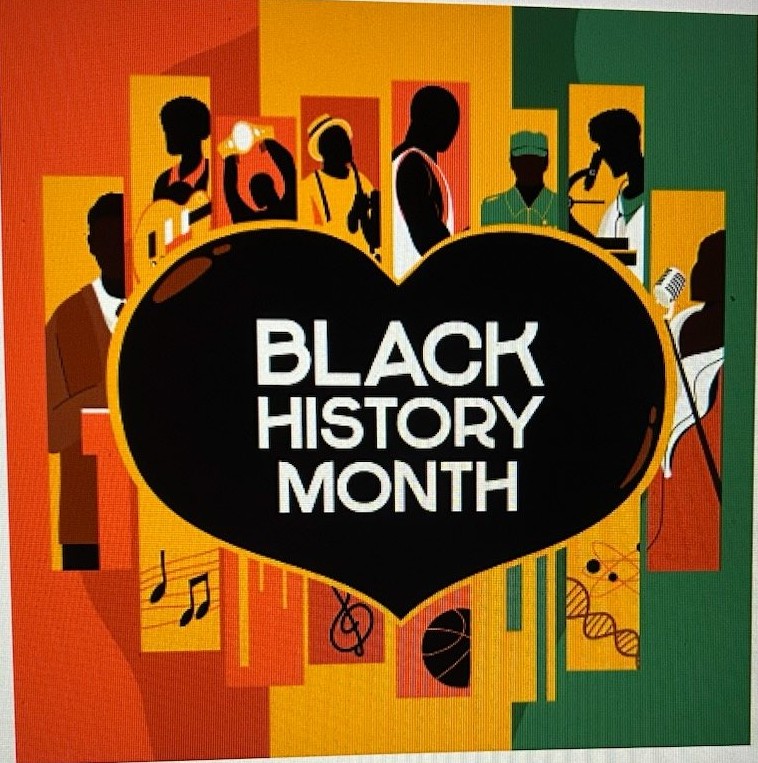
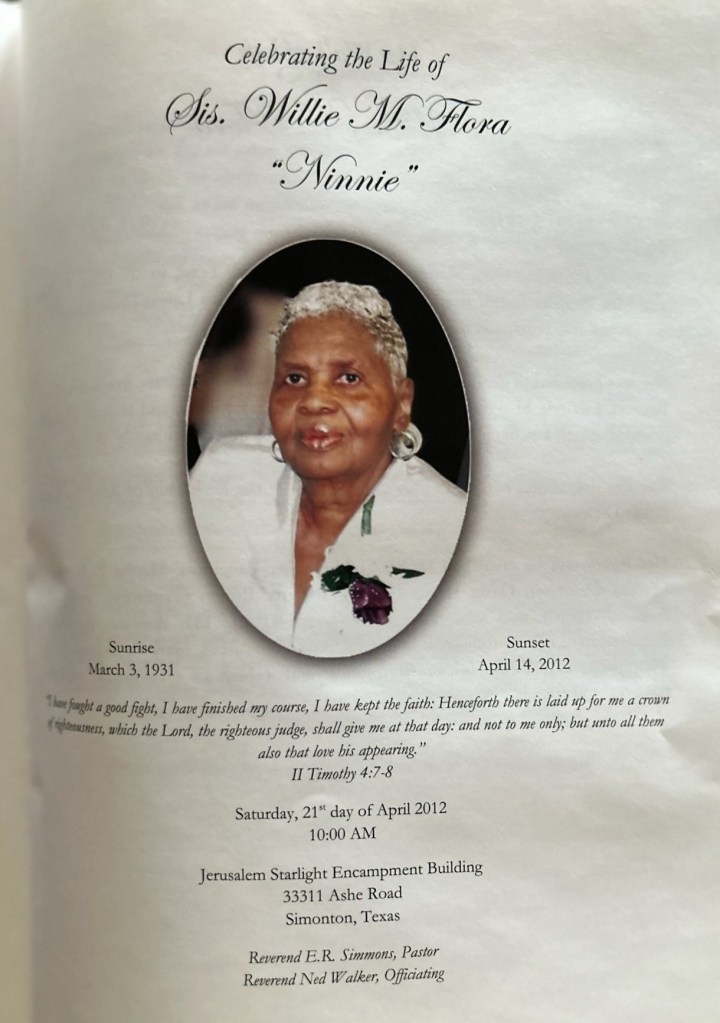
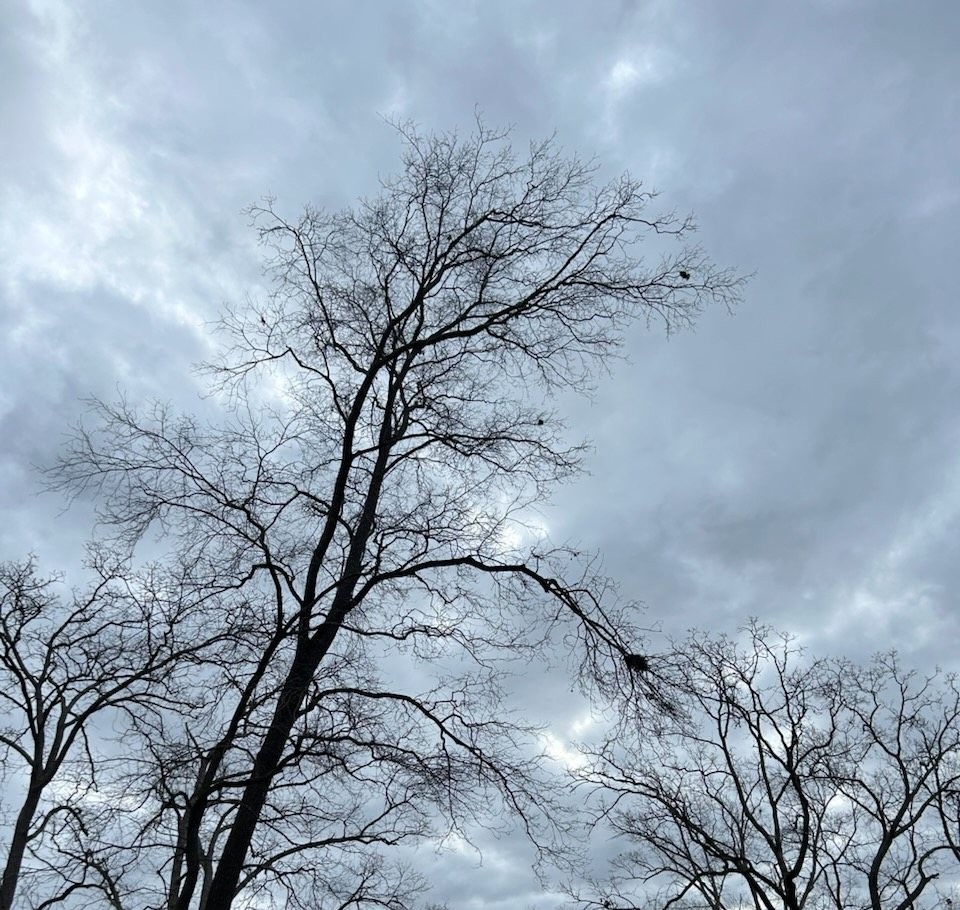
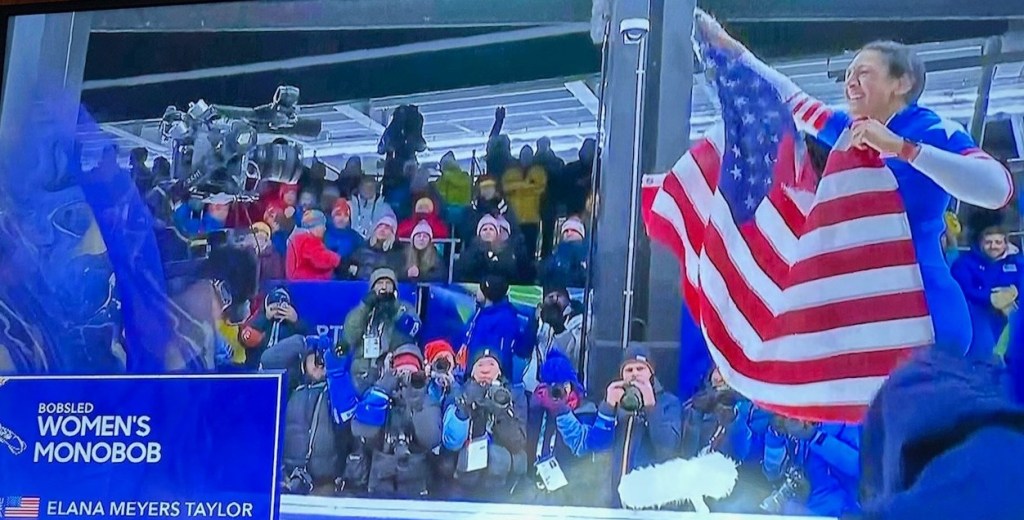
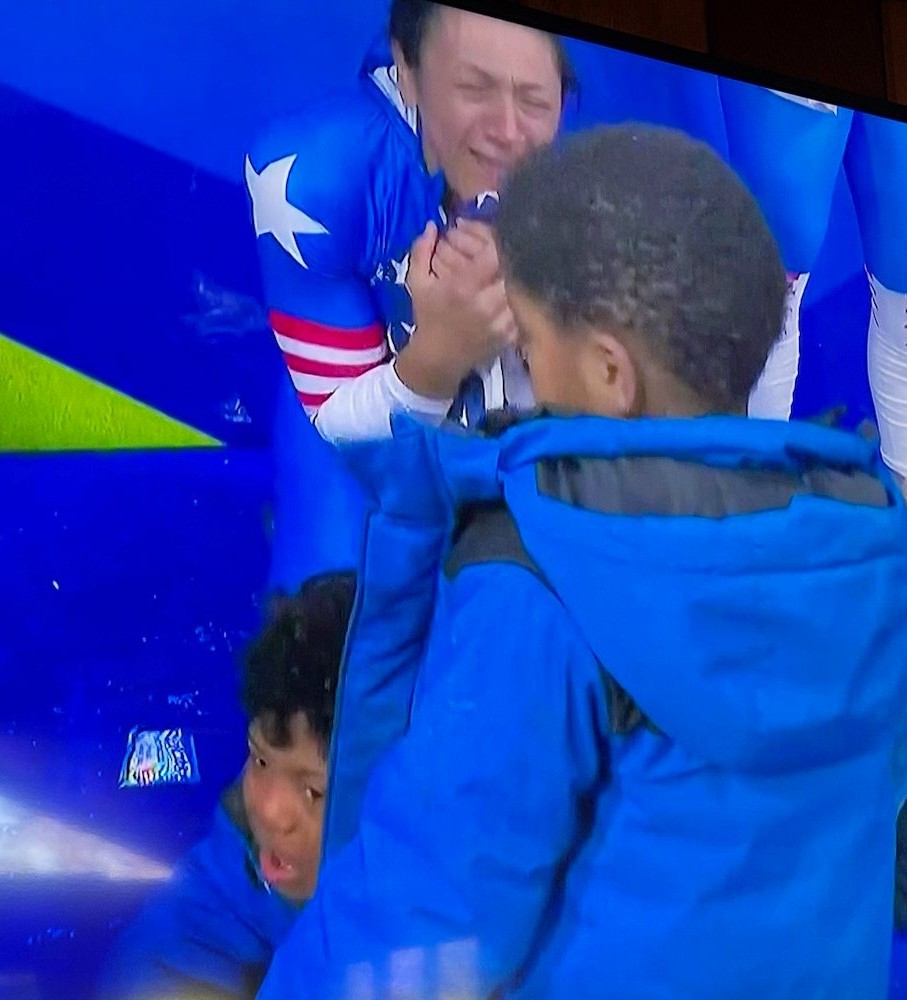
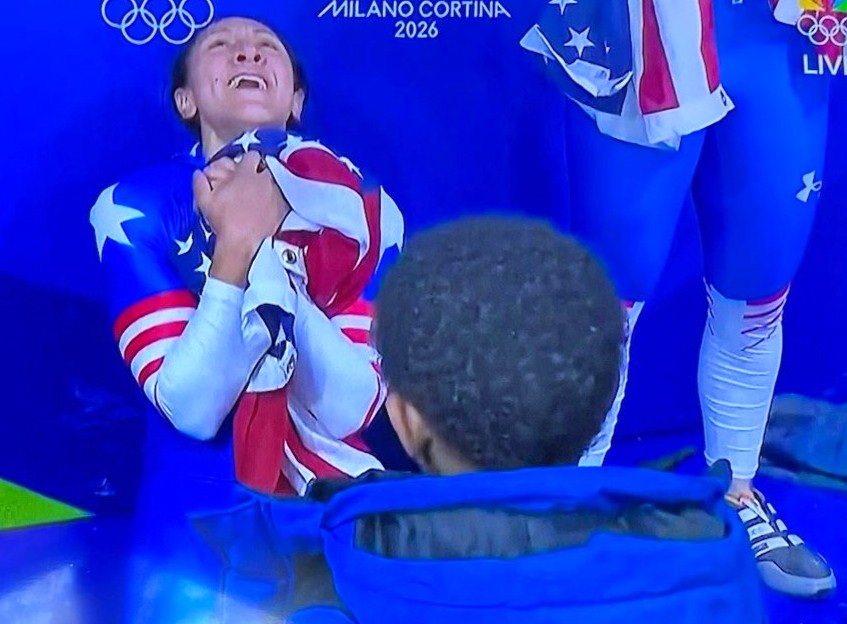
You must be logged in to post a comment.